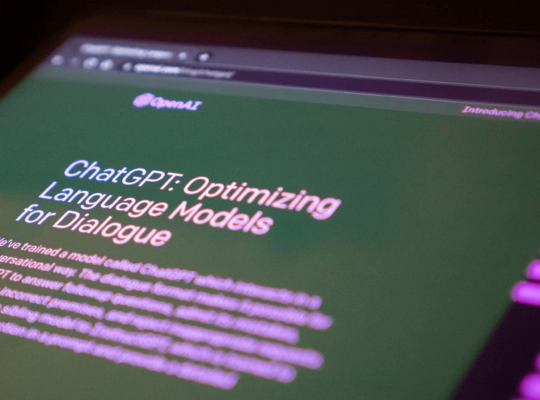Air pollution is a serious environmental problem that affects the health and well-being of people all over the world. According to the World Health Organization (WHO), air pollution is responsible for an estimated 7 million premature deaths each year. While the impacts of air pollution are widespread, one of the most significant effects is on respiratory health.
Air pollution is made up of a variety of harmful substances, including particulate matter, nitrogen oxides, sulphur dioxide, ozone, and volatile organic compounds (VOCs). These pollutants can enter the respiratory system through inhalation and can cause a range of health problems, including coughing, wheezing, shortness of breath, and lung cancer.
Particulate matter is one of the most common and harmful air pollutants. It is a mixture of solid and liquid particles that are suspended in the air and can enter the lungs. These particles can cause inflammation and damage to the respiratory system. According to a report by the American Lung Association, exposure to particulate matter can increase the risk of respiratory infections, worsen asthma symptoms, and lead to chronic bronchitis.
Nitrogen oxides and sulfur dioxide are two other harmful air pollutants. They are released from burning fossil fuels, such as coal and oil, and can cause irritation and inflammation of the airways. Exposure to these pollutants has been linked to an increased risk of respiratory infections, asthma, and chronic obstructive pulmonary disease (COPD).
Ozone is a gas that is formed when nitrogen oxides and VOCs react with sunlight. It is a common air pollutant in urban areas and can cause respiratory problems, including coughing, chest pain, and shortness of breath. Long-term exposure to ozone has been linked to an increased risk of respiratory infections, asthma, and COPD.
Volatile organic compounds (VOCs) are a group of chemicals that are emitted from a variety of sources, including paints, solvents, and cleaning products. These chemicals can irritate the respiratory system and cause headaches, dizziness, and nausea. Long-term exposure to VOCs has been linked to an increased risk of respiratory infections, asthma, and lung cancer.
Children, the elderly, and people with pre-existing respiratory conditions, such as asthma and COPD, are particularly vulnerable to the health effects of air pollution. According to a report by the WHO, exposure to air pollution can exacerbate these conditions and increase the risk of hospitalization and premature death.
In addition to the health effects, air pollution can also have a significant economic impact. According to a report by the European Respiratory Society, the costs associated with respiratory diseases caused by air pollution are estimated to be around €380 billion per year in the European Union alone.
Reducing air pollution is essential for protecting respiratory health. There are several steps that individuals and governments can take to reduce air pollution, including:
Use public transportation, walk, or bike instead of driving.
Use energy-efficient appliances and light bulbs.
Properly maintain and service vehicles and appliances to ensure they are running efficiently.
Use natural cleaning products instead of chemicals.
Support policies and regulations that aim to reduce air pollution, such as emissions standards for vehicles and power plants.
In conclusion, air pollution is a serious environmental problem that has significant impacts on respiratory health. The harmful substances in air pollution can cause a range of respiratory problems, from coughing and wheezing to chronic bronchitis and lung cancer. Children, the elderly, and people with pre-existing respiratory conditions are particularly vulnerable to the health effects of air pollution. Reducing air pollution is essential for protecting respiratory health and can have significant economic benefits. By taking steps to reduce air pollution, individuals and governments can work together to improve the health and well-being of people all over the world.

Meet Sir Faisal Amin – a visionary educator and content management expert, who has made a lasting impact in the education sector with his unwavering commitment and passion.



















